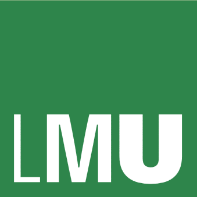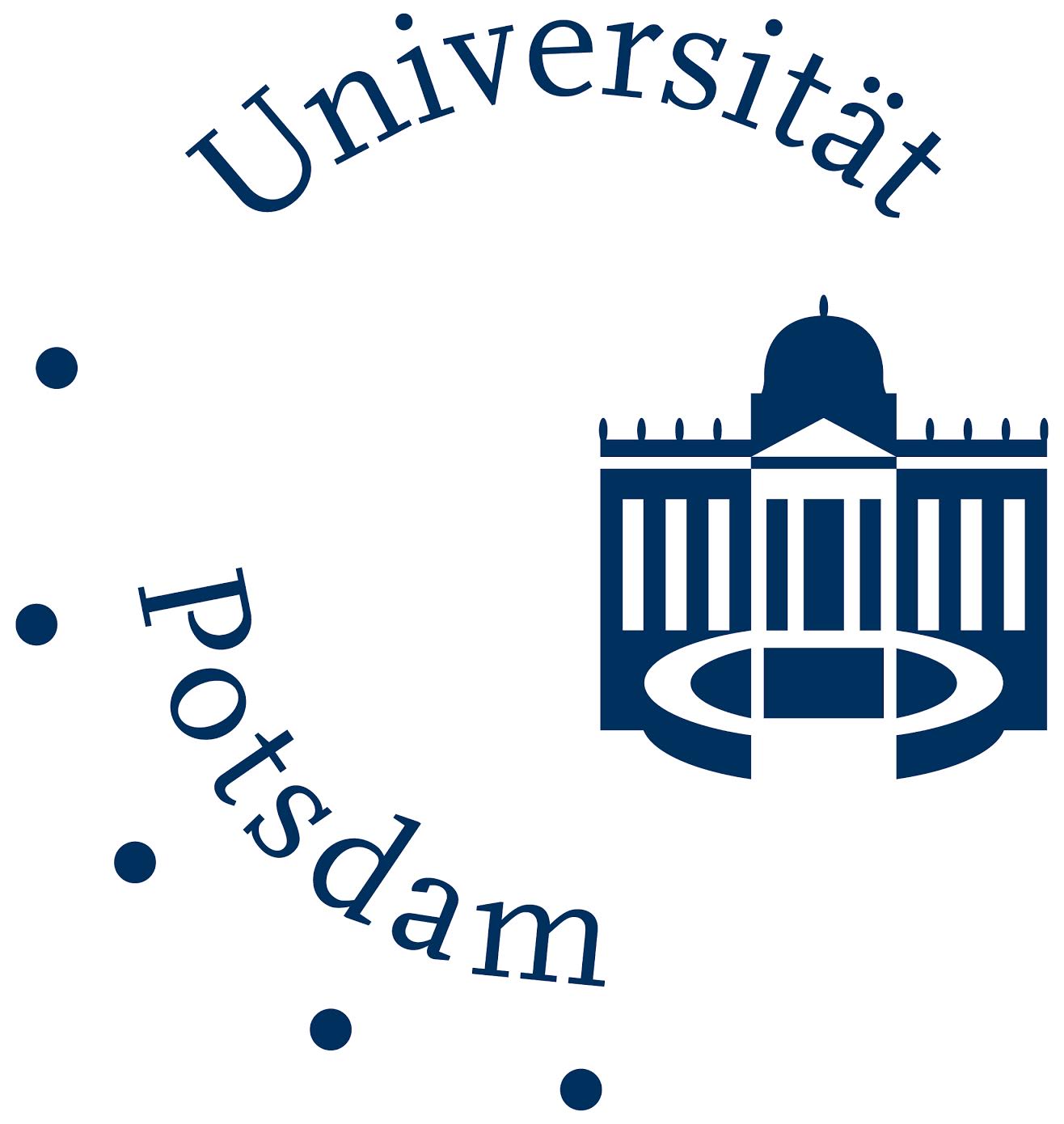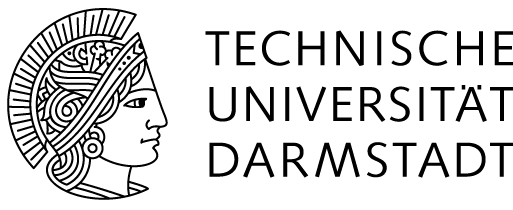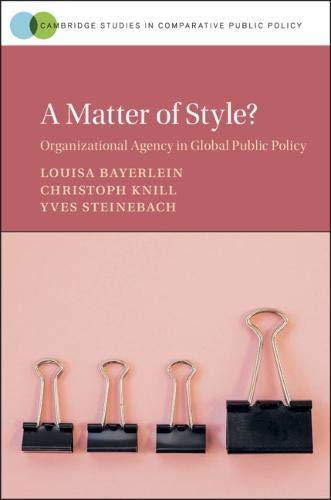Evaluation is a tool bureaucratic organizations conventionally use to assess the working and effectiveness of the programs in order to adjust established practice or gain new ideas. In this sense, evaluation is thought to contribute to organizational decision-making processes, which in turn makes evaluation a political activity with vested interests. For instance, stakeholders can strategically use evaluation results to confirm or communicate pre-existing preferences. Recognizing the increasing relevance of evaluation in international organizations (IOs), this project investigates the factors shaping IOs evaluative practices, its use and impact.
The research project assumes that, under different conditions, international administrations and member states in IOs have different evaluation-related interests which affect both the process of evaluation and the ex post use of its results. The project then asks what the factors are that explain the impact of evaluation results on IO policy-making.
Answering these questions requires new empirical research. Because accessing and investigating evaluative activity can be both difficult and delicate for those involved, the proposed project will make use of the Research Units privileged access in two ways: first, it will use established contacts for qualitative interviews with evaluation experts; and second, it will conduct a survey among IPA bureaucrats. Through this innovative approach, the project will contribute to the Research Unit International Public Administration by conceptualizing and studying evaluation as a crucial administrative tool while making the theoretically important recognition that administrative tools can be exploited strategically both by the administration and by other political stakeholders.
Project team:
Prof. Dr. Steffen Eckhard, University of Konstanz (project leader)
Vytautas Jankauskas, LMU Munich (researcher)






